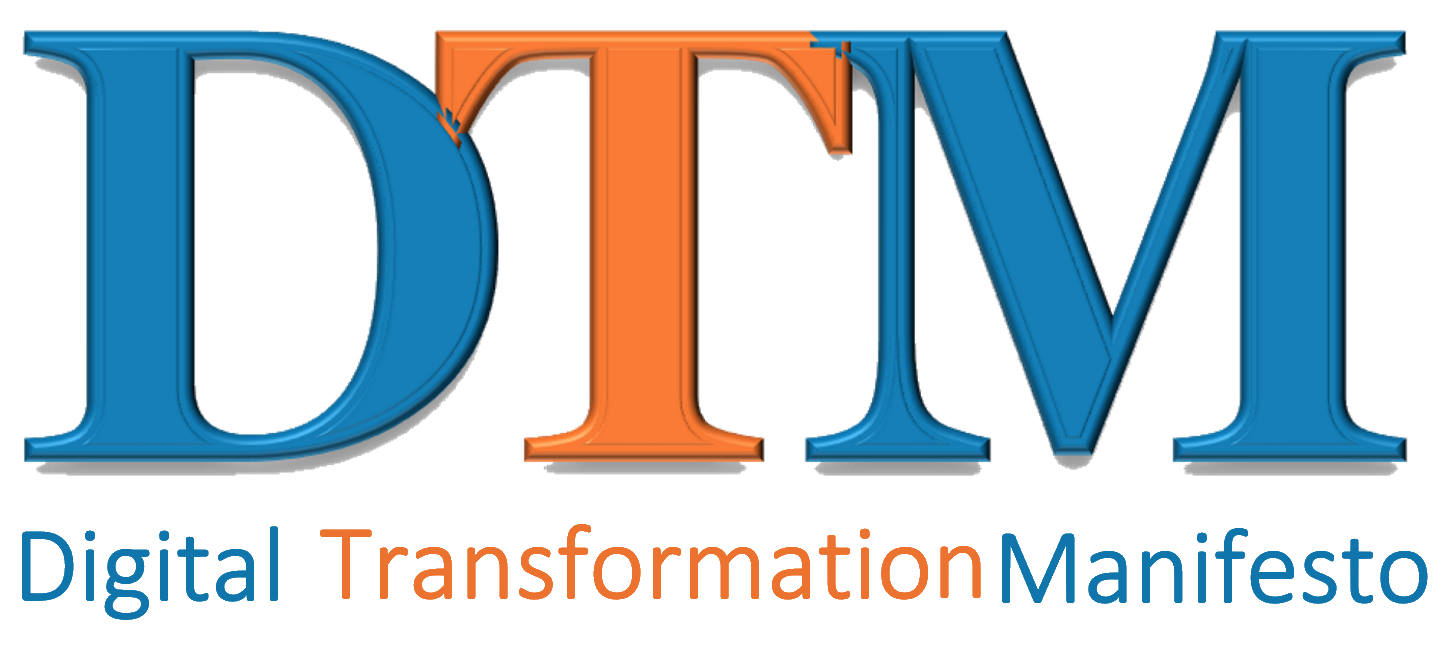This is the fourth of 8 articles describing the tenets of the Digital Transformation Manifesto. Creating Purpose-based Value is the third tenet.
The fourth tenet of the Digital Transformation Manifesto is, “The customer and stakeholder experience are at our core.” Almost every organization’s mission is to create value for their customers, members, owners, or stakeholders. Value is created when one individual or organization believes the benefits, they are receiving are greater than the cost they are paying. Value often depends upon the customer experience. A frustrating or irritating interaction undermines the inherent value of the product or service, and a positive, friendly experience can enhance the value. With the advent of digital technologies, almost all interactions now have a digital element. This could be through communication, through product/service delivery, through transaction processing, or through an ongoing stream of interactions with data or related apps. There can be a great deal of subjectivity in value creation based upon the customer’s perception and the stakeholder’s expectations for the interaction.
Therefore, focusing on the customer experience is a core principle of digital transformation. Each individual, organization, and transaction is unique. They are unique to the parties involved but also unique to the circumstances surrounding the parties involved. To deliver maximum value to a customer or member, one must understand the customer’s or member’s circumstances and customize the interaction for those circumstances.
Digital transformation enables organizations to gather real-time data from their customers, members, and stakeholders. In addition, digital transformation enables the organization to be constantly assessing the business situation. This allows the organization to customize the experience. This creates value for the customer or member. The transaction experience is enhanced by the digital elements used in that experience.
A common approach used by digitally transformed organizations is to create customer or member profiles. Based upon the profile, the product or service is delivered in a manner preferred by customer or stakeholder. In addition, the principle of mass customization allows the organization to uniquely tailor each product or service delivery transaction to meet the specific needs of the customer or stakeholder. It is not a “one size fits all.” Everything is “bespoke.” To do this the organization must become intimately familiar with the customer or stakeholder. In addition, the organization must create highly flexible processes that can continuously change without undermining cost or quality.
A major challenge and force for change in many organizations is the rapid advance of digital technologies. Competition in an industry is not based solely on other organizations offering similar products or services. The customer’s and stakeholder’s expectations are influenced by all their digital transactions and interactions. For instance, when shopping online, the customer’s expectations for the online experience is based upon their best ever experience when online shopping. The experience expectation is not dependent upon the commodity being purchased, rather it is dependent upon the technologies used and the customization provided. .
In this environment, convenience, personalization, and trust are the dominant attributes of interaction value. A focus on customer or stakeholder experience is needed to build and strengthen each of those attributes. The digital tools, systems, and platforms available are essential elements when designing and delivering transaction value within the customer or stakeholder experience. A rule of thumb in sales and marketing is that it takes ten good experiences to compensate for one bad one. This holds true with digital experiences.
The principle of keeping the customer and stakeholder value at the core of the design and execution of business products, services and processes is a foundation for all businesses. We have included it as a tenet of the Digital Transformation Manifesto because that customer or stakeholder experience now has many more value dimensions. However, it is only one of eight fundamental tenets. This tenet guides the design and management of business processes.
In my next article, we will be exploring Decisions Driven by Data.![]()
Tag/s:Business TransformationDigital EnterpriseDigital EraManifestoOrganizational Change






Trackbacks/Pingbacks